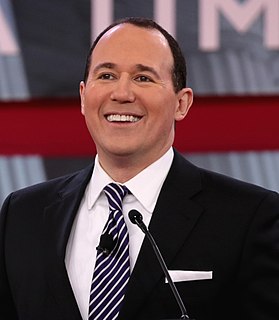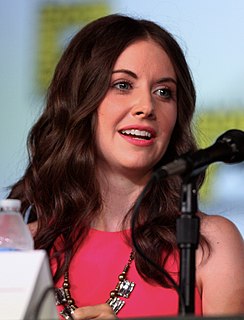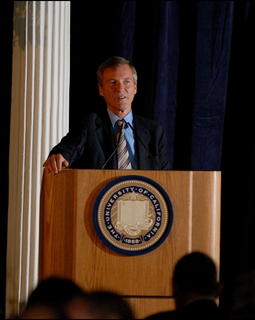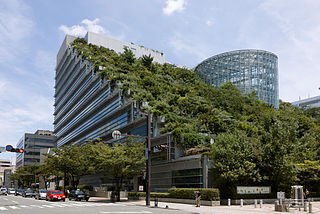A Quote by Biz Stone
A Twitter update is simple and fast and gets the information and news, and it spreads it very quickly, and it can contain links so you can then link to this whole context of information.
Related Quotes
Well, there's a question as to what sort of information is important in the world, what sort of information can achieve reform. And there's a lot of information. So information that organizations are spending economic effort into concealing, that's a really good signal that when the information gets out, there's a hope of it doing some good.
Well, there's a question as to what sort of information is important in the world, what sort of information can achieve reform. And there's a lot of information. So information that organizations are spending economic effort into concealing, that's a really good signal that when the information gets out, there's a hope of it doing some good...
The approach and strategies are very similar in that you gather all the information you can and then keep adding to that base of information as things develop. You do whatever the probabilities indicated based on the knowledge that you have at that time, but you are always willing to modify your behaviour or your approach as you get new information. In bridge, you behave in a way that gets the best from your partner. And in business, you behave in the way that gets the best from your managers and your employees.
I have had the advantage of the opportunity to meet with Mr. Trump on several occasions. And my experience is that he's very intelligent. He's thirsty for information. He wants to hear what you have to say. He listens to his advisers. He digests the information very quickly, and he's got a good memory, because I remember one time I was talking to him about something, and then he pulled some information out of his memory banks that was a great connection that I hadn't even thought to mention to him.
For a generation that gets most of its information off a computer screen (be it Facebook, Instagram, YouTube, Twitter or what have you), an athlete has to be very careful about the public/private aspect of that. Be careful not to be overly critical, be careful with use of language, and understand the whole world is watching.
What has happened is that genetics has become a branch of information technology. It is pure information. It's digital information. It's precisely the kind of information that can be translated digit for digit, byte for byte, into any other kind of information and then translated back again. This is a major revolution. I suppose it's probably "the" major revolution in the whole history of our understanding of ourselves. It's something would have boggled the mind of Darwin, and Darwin would have loved it, I'm absolutely sure.
Information wants to be free.' So goes the saying. Stewart Brand, the founder of the Whole Earth Catalog, seems to have said it first.I say that information doesn't deserve to be free.Cybernetic totalists love to think of the stuff as if it were alive and had its own ideas and ambitions. But what if information is inanimate? What if it's even less than inanimate, a mere artifact of human thought? What if only humans are real, and information is not?...Information is alienated experience.

































